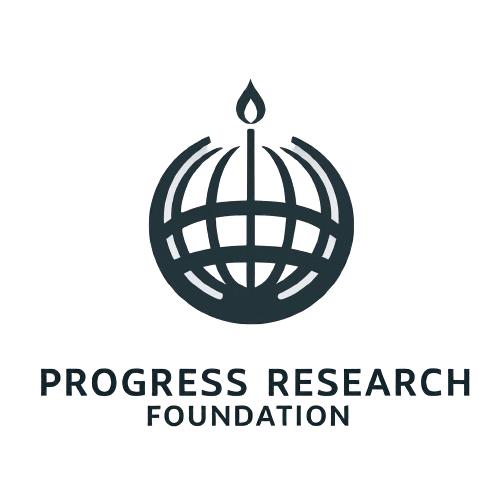People behind Progress Research Foundation
Advisory Board

Dr. Anna O’Donnell
Anna O’Donnell is a Sociologist with a passion for exploring and solving development challenges. She currently works as a Lead Social Development Specialist at the World Bank, with a focus on the South Asia Region. During her time at the World Bank, she has worked on a range of social development challenges across different country contexts, including disaster resilience, community-based housing, decentralization and rural development, frontline intuitional delivery systems, female labor force participation, and tribal development, among others. Prior to joining the World Bank, Anna worked across different organizations, including in the private sector, academia, and the non-profit sector. She holds a Ph.D. in Sociology from the University of Maryland College Park, where her research focused on tradeoffs in efficiency and equity within community-managed institutions. Anna holds a M.Sc. in Social Policy and Planning in Developing Countries from the London School of Economics and Political Science, and a B.S. in Foreign Service with a focus on International Political Economy from Georgetown University.

Dr. Balveer Arora
Dr. Balveer Arora is Honorary Professor and Chairman of the Institute of Social Sciences’ Centre for Multilevel Federalism, New Delhi. He was earlier Professor of Political Science at Jawaharlal Nehru University, as also Rector and Pro-Vice Chancellor of the University (2002-2005).
Professor Arora obtained his Masters in Politics, Sociology and Public Law and his Doctorate in Political Science from Sciences Po University Paris, and from the University of Paris I (Pantheon-Sorbonne), after graduating in History from St. Stephen’s College, Delhi. He was conferred the highest French civilian award of Knight of the Legion of Honour in 2011. He is also an Officer in the French Order of Academic Laurels and Vice President of the Transcultura International Institute, Paris.
He has written extensively on India’s politics and governance, especially on public policy and federal democracy. His publications include Indian Federalism: Origins and Development; Multiple Identities in a Single State; Transforming India; Changing Role of the All-India Services. His recent publications include “Diversity and Unity in the Indian Republic” “A Survey of Research on Indian Federalism” and “Political Innovation in the working of Indian Democracy”.
Dr Arora is President of the Board of the NGO Water for People India. He is currently Convener of the Federal Democracy project of the India International Centre, New Delhi.
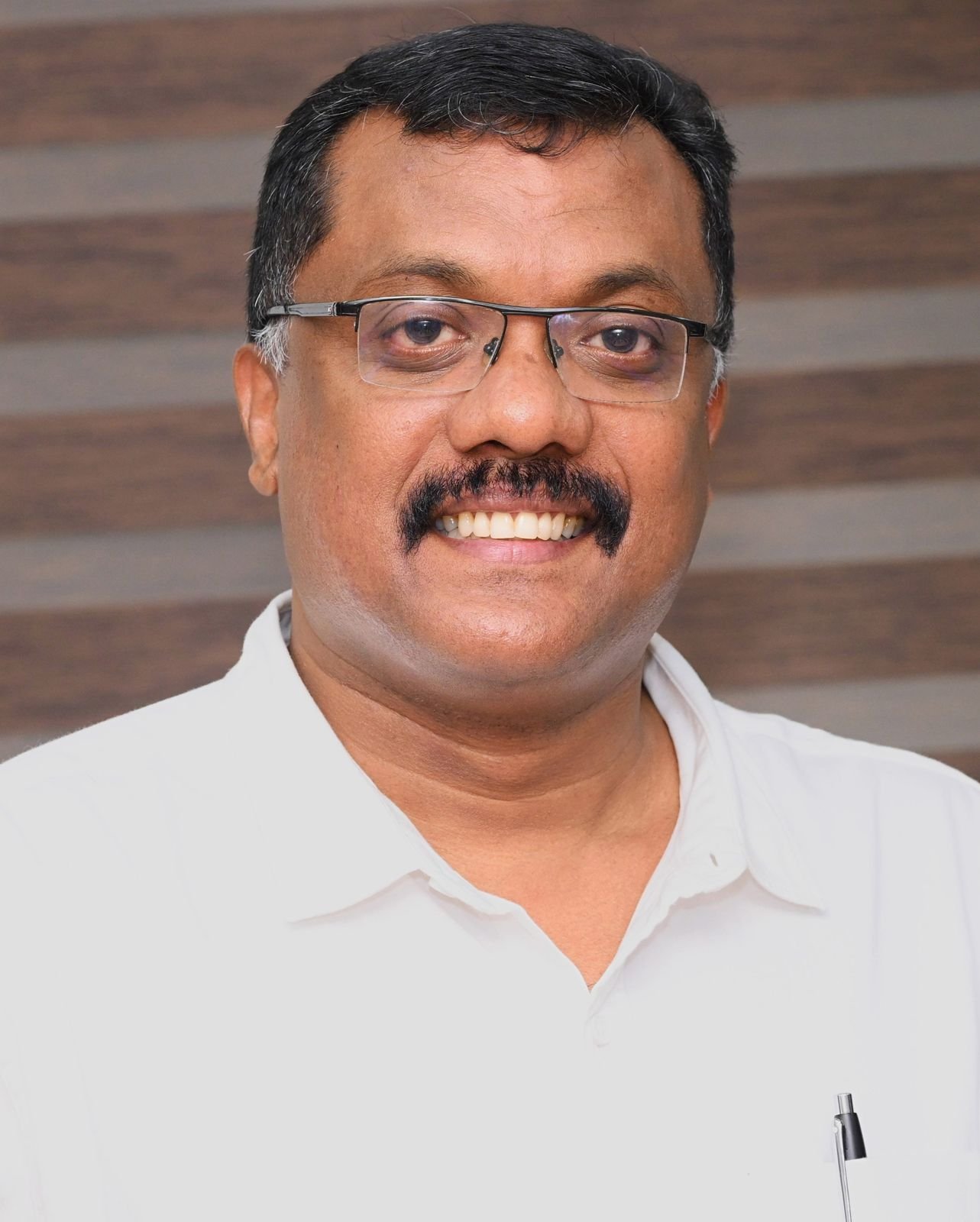
Dr. Ginu Zacharia Oommen
Dr. Ginu Zacharia Oommen is a distinguished public intellectual, political activist, and one of India’s foremost experts in migration studies. Throughout his career, he has gained widespread recognition for his impactful academic work and advisory contributions to international organizations, including the World Bank. From 2017 to 2023, he served as a Member of the Kerala Public Service Commission.
With over two decades of academic experience, Dr. Oommen has held numerous prestigious fellowships and visiting professor roles at renowned universities and think tanks across the globe. Notably, he was a Visiting Professor at the Fondation Maison des Sciences de l’Homme (FMSH), Paris, in 2016. His other distinguished fellowships include the Hermes Postdoctoral Fellowship (2009) at MIGRINTER, University of Poitiers, France, and an Associate Fellowship at the Maison des Sciences de l’Homme, Paris. He has also been a Fellow at the Nehru Memorial Museum and Library (2013) and a Senior Fellow at the Zentrum Moderner Orient in Berlin, Germany (2014).
Dr. Oommen’s early career included key roles such as Visiting Faculty at the Gulf Studies Programme at Jawaharlal Nehru University (2011) and at Sichuan University, China (2010). Additionally, he was a Graduate Fellow at the Rothberg International School, Hebrew University of Jerusalem (2000), and a Junior Research Fellow at the Harry S. Truman Institute for the Advancement of Peace in Jerusalem (2004).
Dr. Oommen’s research centers on migration, international development, and the challenges faced by migrant workers in the Gulf Cooperation Council (GCC) countries and South Asia. His work delves into critical issues such as human rights violations, livelihood diversification, the impact of climate change, and economic insecurity resulting from migration. He has conducted extensive field research in Israel, Palestine, France, Kuwait, and India, particularly in Kerala.
As a Visiting Professor at the International Institute of Migration and Development (IIMAD), Dr. Oommen has written extensively on migration and food insecurity in South Asia. His notable publications include Ethnicity, Marginality, and Identity: The Jews of Cochin in Israel (Manak, 2011), South Asian Migration to Gulf Countries: History, Policies, Development (Routledge, 2015), and Asianization of Migrant Workers in the Gulf Countries (Springer, 2020). His upcoming anthology explores the socio-economic dynamics of Muslim migration to the Gulf.
Dr. Oommen holds a Master’s in Political Science from Madras Christian College and a PhD in West Asian Studies from Jawaharlal Nehru University, New Delhi

Prof. Humoud Fahad Abdullah Alqashan
Prof. Humoud Fahad Abdullah Alqashan is a distinguished academic and expert in family therapy and counseling. As a Professor at Kuwait University’s College of Social Sciences, he holds a doctorate in Family and Marital Relations from the University of Pittsburgh. With extensive qualifications including international certifications in family counseling and adolescent therapy, Prof. Alqashan has served in various leadership roles such as Dean of the College of Social Sciences and as a non-resident expert for UNESCO in the Arabian Gulf region.
His academic career spans decades, during which he has contributed significantly to research in family dynamics, marital relationships, and youth issues. Prof. Alqashan has presented numerous studies at international conferences and published papers on topics ranging from divorce and family pressures to drug abuse prevention and the impact of technology on social isolation.
Beyond his academic work, Prof. Alqashan has been actively involved in community service, serving on national committees for drug prevention and social development. His expertise has been sought for projects such as family counseling centers and mental health foundations both in Kuwait and internationally.

Mr. Jacob Punnoose
Mr. Jacob Punnoose is a distinguished former Indian Police Service (IPS) officer who served as the State Police Chief of Kerala from 2008 to 2012. Born in 1952, he had a remarkable 38-year career in law enforcement, joining the IPS in 1975 and retiring in 2012.
Throughout his career, Mr. Punnoose was recognized for his exceptional service, receiving multiple prestigious awards including the Prime Minister’s Baton for Best Probationer and medals for Meritorious and Distinguished Service from the President of India.
Mr. Punnoose is known for his innovative approach to policing, having initiated several groundbreaking projects such as the Jana Maithri Suraksha Project for community policing, the Student Police Cadet program, and the modernization of police training in Kerala. He also played a crucial role in establishing specialized units like the Coastal Policing System, State Industrial Security Force, and forensic laboratories.
Post-retirement, Mr. Punnoose has remained active in public service, serving as the Chief Commissioner for the 35th National Games of India, and holding various advisory roles including memberships in government committees and commissions. His expertise continues to be valued in areas of law enforcement, human rights, and public administration.
Currently, Mr. Punnoose serves as a member of the Kerala State Security Commission and as Principal Advisor to the Pushpagiri Medical Society, demonstrating his ongoing commitment to public service and societal development.

Dr. Kelle Tsai
Dr. Kellee Tsai is Dean of Humanities and Social Science and Chair Professor of Social Science at Hong Kong University of Science and Technology (HKUST). She previously served as Vice Dean of Humanities and Social Science at Johns Hopkins University where she was a faculty member in the Department of Political Science (2000-13). Trained at Columbia University, her books include Back-Alley Banking: Private Entrepreneurs in China (Cornell 2002); Capitalism without Democracy: The Private Sector in Contemporary China (Cornell 2007); State Capitalism, Institutional Adaptation, and the Chinese Miracle (co-edited with Barry Naughton, Cambridge 2015); Evolutionary Governance under Authoritarianism: State-Society Relations in China (co-edited with Hsu Szu-chien and Chun-chih Chang, Harvard 2021); and The State and Capitalism in China (with Margaret Pearson and Meg Rithmire, Cambridge 2023). Her articles have been published in China Journal, China Quarterly, Comparative Political Studies, Foreign Affairs, International Security, Journal of Asian Studies, Journal of Development Studies, Perspectives on Politics, Politics & Society, Studies in Comparative and International Development, World Development, and World Politics. Tsai serves on the international advisory boards of National University of Singapore’s Asia Research institute, the New School for Social Research’s India-China Institute, and the Taipei School of Economics and Political Science. She is also a member of the World Economic Forum’s Council on the Future of Growth.

Dr. Luis Alberto Andrés
Luis Alberto Andrés is a seasoned economist with over 20 years of experience in infrastructure economics. Currently based in Brasilia, Brazil, he serves as the Sector Leader and Lead Economist for the World Bank’s Infrastructure program in Brazil. In this role, he oversees operations and analytical work across the Transport, Energy, Water, and Digital Development portfolios.
Prior to joining the World Bank, Mr. Andrés held significant positions in the Argentine government, including Chief of Staff for the Secretary of Fiscal and Social Equity, and roles in the Chief of Cabinet of Ministries and the Ministry of Economy, Works, and Public Services.
Mr. Andrés holds a Ph.D. and M.A. in Economics from the University of Chicago, complementing his earlier degree from the Engineering School at the University of Buenos Aires. His academic credentials are matched by his prolific contributions to the field, having authored over 90 publications including books, book chapters, monographs, and articles focusing on development policy issues, particularly in infrastructure.
His unique blend of practical experience in government, international development work with the World Bank, and extensive academic research makes Mr. Andrés a distinguished figure in the field of infrastructure economics and development policy.

Dr. Marie Percot
Dr. Marie Percot is an anthropologist and freelance researcher associated with the Institut Interdisciplinaire d’Anthropologie du Contemporain (EHESS/CNRS, Paris). She is currently a Visiting Professor at the International Institute for Migration and Development (IIMAD) in Kerala, India. Dr. Percot has worked extensively on migration in South Asia. For a long time, she has studied the migration of Indian nurses to Gulf countries. In the past 15 years, she has conducted research in Bangladesh. Initially, she focused on rural-urban migration linked to environmental stress, thanks to a contract with the Refugees Studies Centre of Oxford University. Then, as part of a project directed by the REALM program (Columbia University), she focused on the migration of Bangladeshi fishermen to Oman.

Mr. P C Mohanan
Mr. P C Mohanan is a distinguished statistician with a Master’s Degree in Statistics. He retired from the Indian Statistical Service in 2015 after a long and impactful career. Mr. Mohanan held various significant positions in the National Sample Survey Organisation and the Central Statistical Organisation.
Post-retirement, Mr. Mohanan continued to contribute his expertise as a short-term consultant for national and international organizations, including the Delhi Policy Group, FAO, UNDP, and ILO. His expertise was further recognized when he was appointed as a Member of the National Statistical Commission in June 2017, later serving as Acting Chairman from October 2018 until January 2019.
Mr. Mohanan’s contributions extend to numerous government committees. He served as a member of the Expert Committee on Agricultural Statistics (2010), the Technical Group on Estimating Housing Shortage (2012), the Post Sachar Evaluation Committee (2014), and the Committee for Slum Index (2014), among others.
His published works span a wide range of topics, including employment-unemployment, housing, demographic issues, and statistical systems. This body of work reflects his deep understanding of India’s socio-economic landscape.
Currently, Mr. Mohanan holds the prestigious position of Chairman of the Kerala State Statistical Commission, where he continues to apply his vast experience and knowledge to enhance statistical practices and policies in the state.
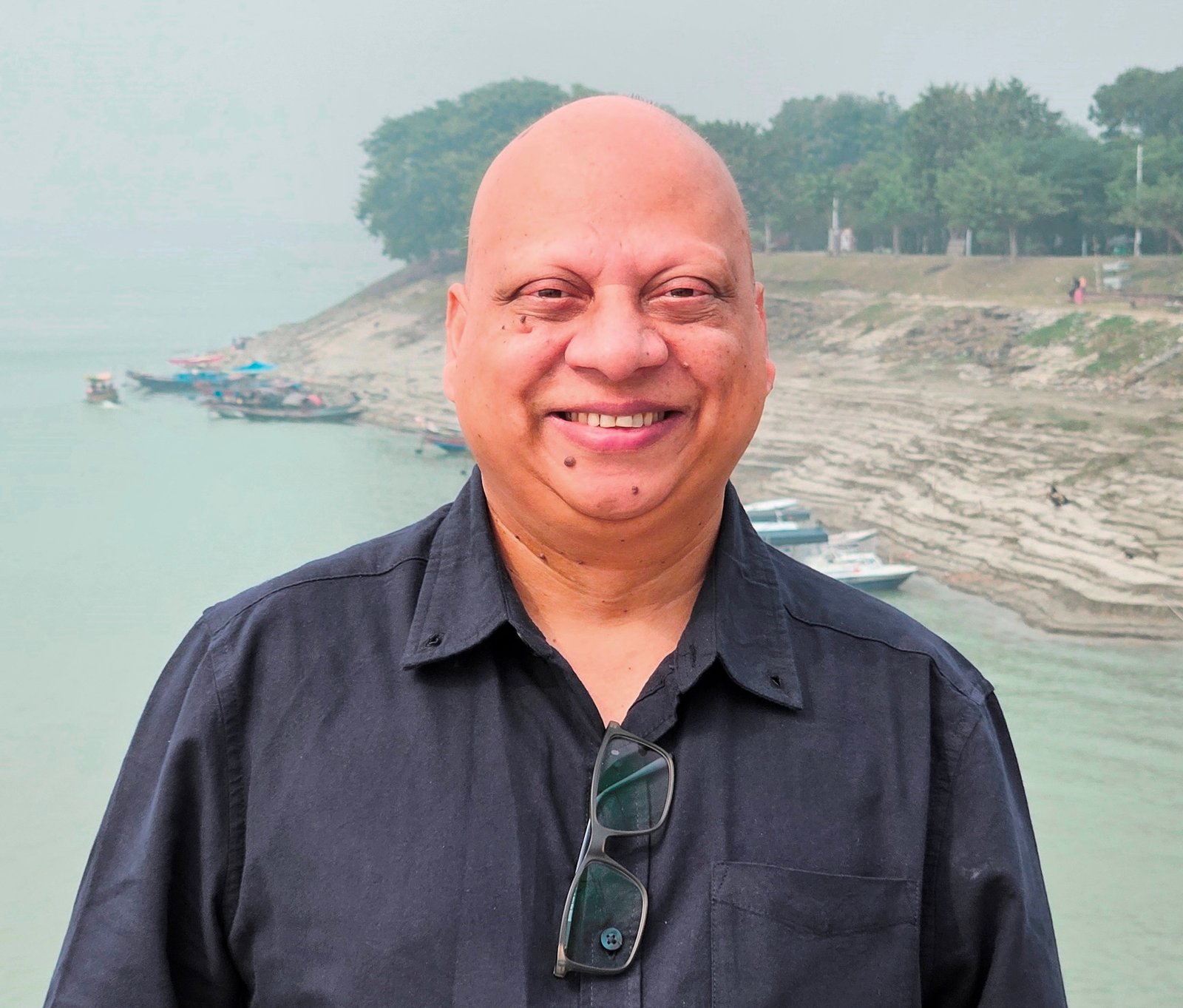
Dr Mohammad Shamsudduha
Dr Mohammad Shamsudduha (Shams) is a Professor of Water Crisis and Risk Reduction at the Department of Risk and Disaster Reduction, University College London (UCL), UK. He holds a Ph.D. in Hydrogeology from UCL and has received extensive academic training in geosciences from institutions in Bangladesh, Australia, and the USA. Professor Shams is a leading expert in water risks and resilience, with a focus on sustainable groundwater management, water security, and the impacts of hydrometeorological hazards and climate change on water resources, particularly in South Asia, Sub-Saharan Africa, and globally.
Throughout his career, Professor Shams has published extensively in high-impact journals, including Science and Nature, with his work widely recognized and cited globally. He has made significant contributions to global policy through his role in the Intergovernmental Panel on Climate Change’s (IPCC) 6th Assessment Report and the UN World Water Development Report 2022. In addition, he serves as an Associate Editor for Frontiers in Water and collaborates actively with governments, international organizations, and professional bodies, including the International Association of Hydrogeologists and the American Geophysical Union.
Professor Shams’ interdisciplinary research integrates innovative approaches to addressing water and food security, public health risks, and climate adaptation in vulnerable regions. By bridging scientific evidence with actionable policy applications, his work aims to enhance global resilience to water-related crises and improve the wellbeing of communities, particularly in countries of the Global South

Dr. Nishtha Mehta
Dr. Nishtha Mehta is a Senior Water Supply and Sanitation Specialist in the Water Global Practice of the World Bank. She has extensive experience working on World Bank-financed water and sanitation projects across South Asia, East Asia, the Middle East, and various regions of Africa including Western, Eastern, and Southern parts.
Dr. Mehta holds a Ph.D. in Urban and Regional Planning. Her doctoral research focused on WASH (Water, Sanitation, and Hygiene) service delivery in low-income communities in India. This background provides her with valuable insights into the challenges and solutions in her field of expertise.

Dr. Retheesh Babu G
Dr. Retheesh Babu G. is a Scientist at the Indian Council of Medical Research-National Institute of Virology, Kerala Unit, specializing in Social Medicine and Community Health. With a Ph.D. and M.Phil from Jawaharlal Nehru University, New Delhi, he brings extensive experience in research and project management. His research endeavors have encompassed a wide array of topics, including vaccine acceptance and hesitancy issues, road traffic injuries and health system response, comprehensive studies on the experiences of Nipha survivors and community responses, community-based acceleration of TB elimination research programs, and investigations into the health challenges faced by marginalized informal laborers. He has conducted health related outbreak demonstrating his expertise in social epidemiology. Dr. Retheesh has participated in various international workshops and training programs on health system research and monitoring and evaluation. He is a prolific researcher with publications in renowned journals like Pathogens and Global Health, Transactions of the Royal Society of Tropical Medicine and Hygiene etc. As a life member of the Indian Association for Social Science and Health (IASSH), Dr. Retheesh remains committed to advancing public health through his research and contributions to the field of social medicine.
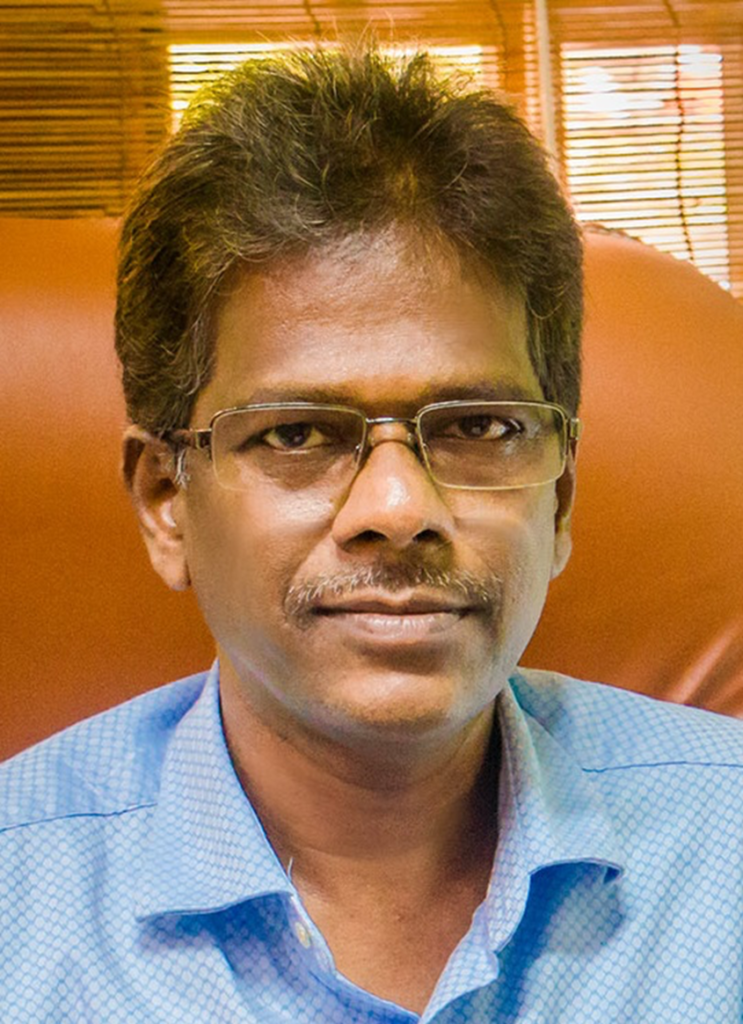
Dr. P Sanal Mohan
Dr. P. Sanal Mohan is a distinguished scholar in social sciences, history, and anthropology. With a rich academic career spanning multiple prestigious institutions, he has made significant contributions to the study of colonial modernity, social movements, and caste dynamics in India. Dr. Mohan’s work, including his book “Modernity of Slavery: Struggles Against Caste Inequality in Colonial Kerala,” reflects his deep engagement with historical and ethnographical research. His expertise has been recognized through numerous fellowships and appointments at renowned universities worldwide, including Cambridge, University of Pennsylvania, and Emory University. Currently, Dr. Mohan’s research focuses on Dalit movements, identity issues, and Christianity in India, continuing to shape scholarly understanding of these complex social phenomena.
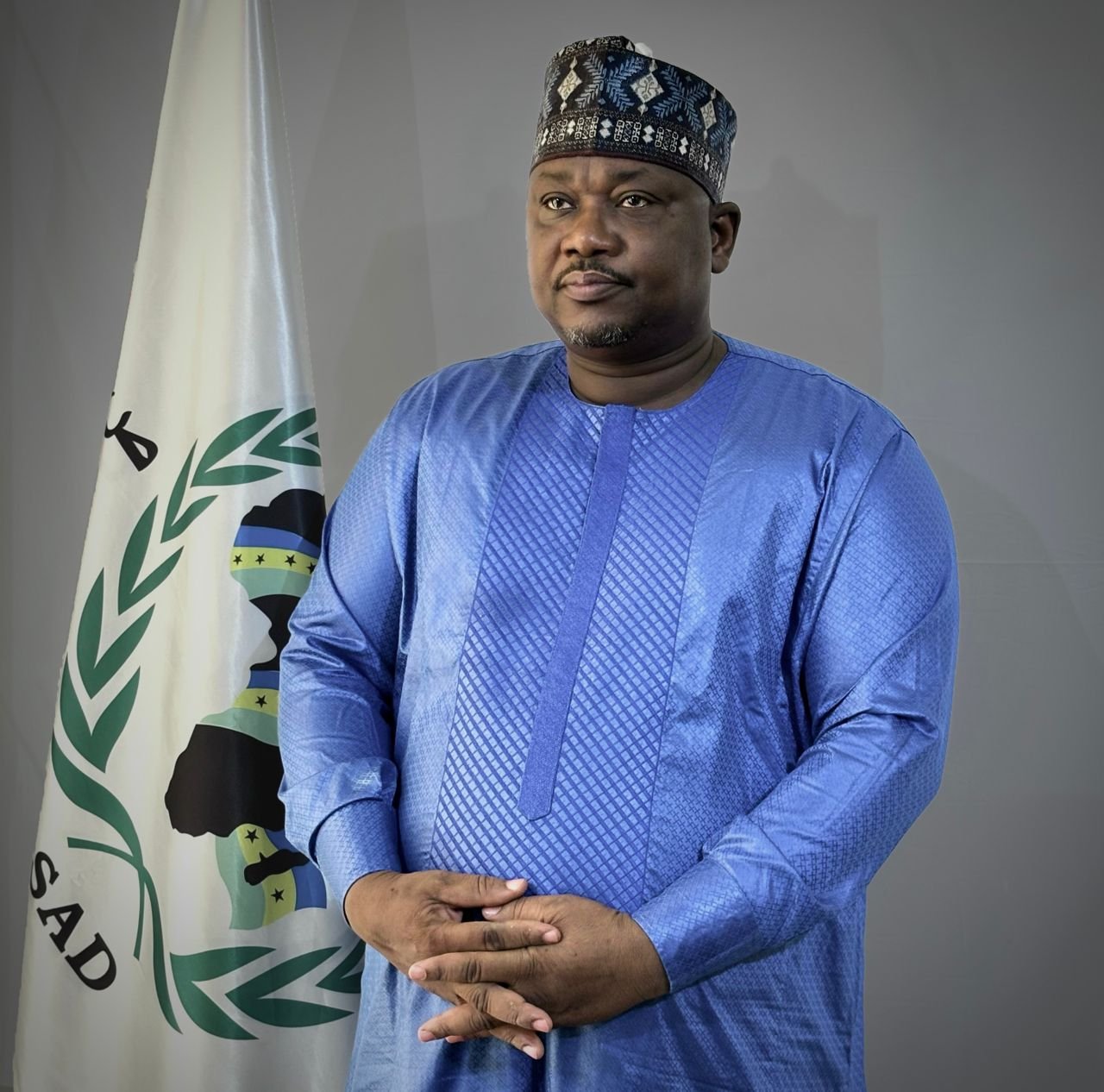
Dr. Souley Hassane
Dr. Souley Hassane is the Director for Peace and Security at the Community of Sahel-Saharan States (CEN-SAD). He is the architect of CEN-SAD’s Security and Development Strategy and co-conceptor of the Centre for Fighting against Terrorism in Sahel-Saharan States (CTC CEN-SAD).
From 2011 to 2013, Dr. Hassane served as the technical advisor on security issues to Niger’s Minister of State for Foreign Affairs, Cooperation, and African Integration. During this period, he also held the position of Vice President of the National Committee for the Fight against Terrorism (CNLT), overseeing the implementation of UN Security Council Resolution 1373. Additionally, he was a member of the Steering Committee for Niger’s Security and Development Strategy for Sahelo-Saharan Zones (SDS Niger 2012-2013).
Dr. Hassane’s expertise extends to academic circles, where he is an associate member of MIGRINTER, a laboratory specializing in international migration studies in France. His contributions to security education include designing the “drug trafficking and transnational crime” module for the Sahelian Security College and co-designing the National Center for Strategic Studies in Niger, which was established by presidential decree on January 30, 2015.
